PATENT & SOFTWARE: THE CASE ALICE CORP.
6 March 2019 Intellectual Property Unit / News_it/en 0 CommentThe European Commission, in its Communication of 02.07.2014 (COM 2014 – 442 Final) defines Big Data as “large amounts of different types of data produced with high velocity from a high number of various types of sources. Handling today’s highly variable and real-time datasets requires new tools and methods, such as powerful processors, software and algorithms.”.
Read More
THE PHENOMENON OF LEGAL FAKE
21 January 2019 Intellectual Property Unit / News / News_it/en 0 CommentThe trademark is the distinctive that distinguishes products and services of a company from those of other companies, thus contributing to favoring the harmonious development of competition.
Read More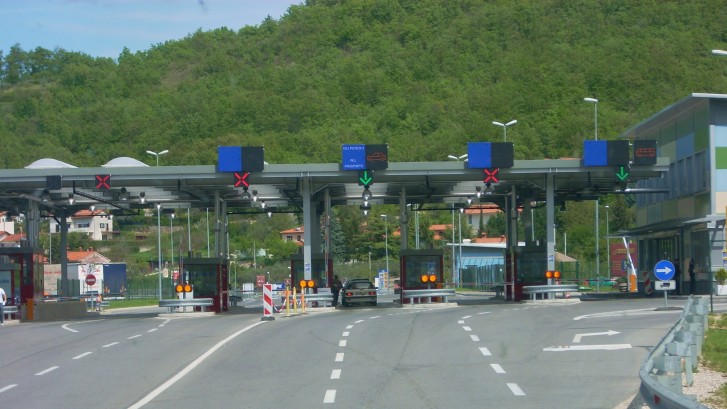
CUSTOMS PROTECTION ON TRADEMARKS AND PATENTS
24 December 2018 Intellectual Property Unit / News_it/en 0 CommentCUSTOMS PROTECTION ON TRADEMARKS AND PATENTS | FOCUS: THE CONSEQUENCES OF BREXIT ON THE PROTECTION OF INTELLECTUAL PROPERTY IN CUSTOMS
Read More
ITALIAN SOUNDING and protection of agri-food made in italy
26 November 2018 Intellectual Property Unit / News_it/en 0 CommentITALIAN SOUNDING and protection of agri-food made in italy
Food products made in Italy represent a fundamental component of our economy and contribute considerably to the flow of national exports. However, in supermarkets all over the world, for every authentically Italian product there are several that smuggle up false origins, going to exploit images, denominations and brands that “sound” like Italians.

TRADITIONAL AGRI-FOOD PRODUCTS (PAT)
25 October 2018 Intellectual Property Unit / News_it/en 0 CommentTRADITIONAL AGRI-FOOD PRODUCTS (PAT) are defined as the agri-food products characteristic of an area and which, in the light of a consolidated and constant local production, deserve to be exploited on the market.
Read More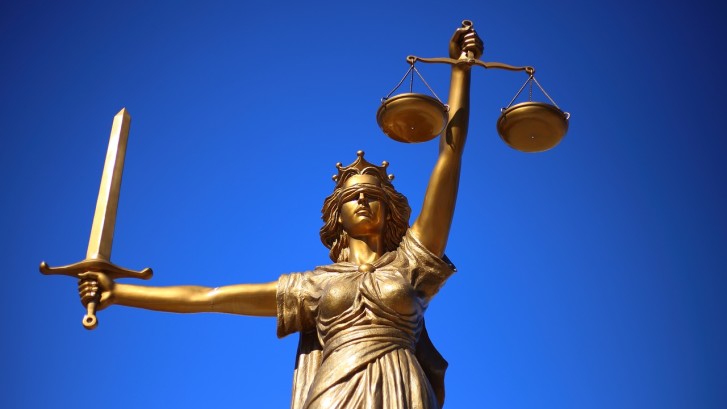
STANDARD ESSENTIAL PATENT (SEPs)
12 September 2018 Intellectual Property Unit / News / News_it/en 0 CommentSTANDARD ESSENTIAL PATENT (SEPs)
As we all know, innovations, to be patentable, must present a “technical character” or, to be more precise, a “technical teaching”, that is an instruction aimed to solve a particular technical problem.
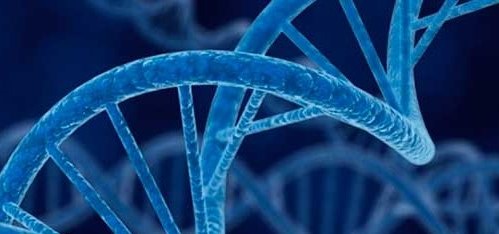
PATENTS, BIOTECHNOLOGY & ETHICAL ISSUES
7 August 2018 Intellectual Property Unit / News / News_it/en 0 CommentPATENTS, BIOTECHNOLOGY & ETHICAL ISSUES
Biotechnology covers a wide range of techniques that use living organisms; in particular, the Rio Declaration on Enviroment and Development of 5 June 1992 defines that “Biotechnology means any technological application that uses biological systems, living organisms, or derivates thereof, to make or modify products or processes for specific use”.
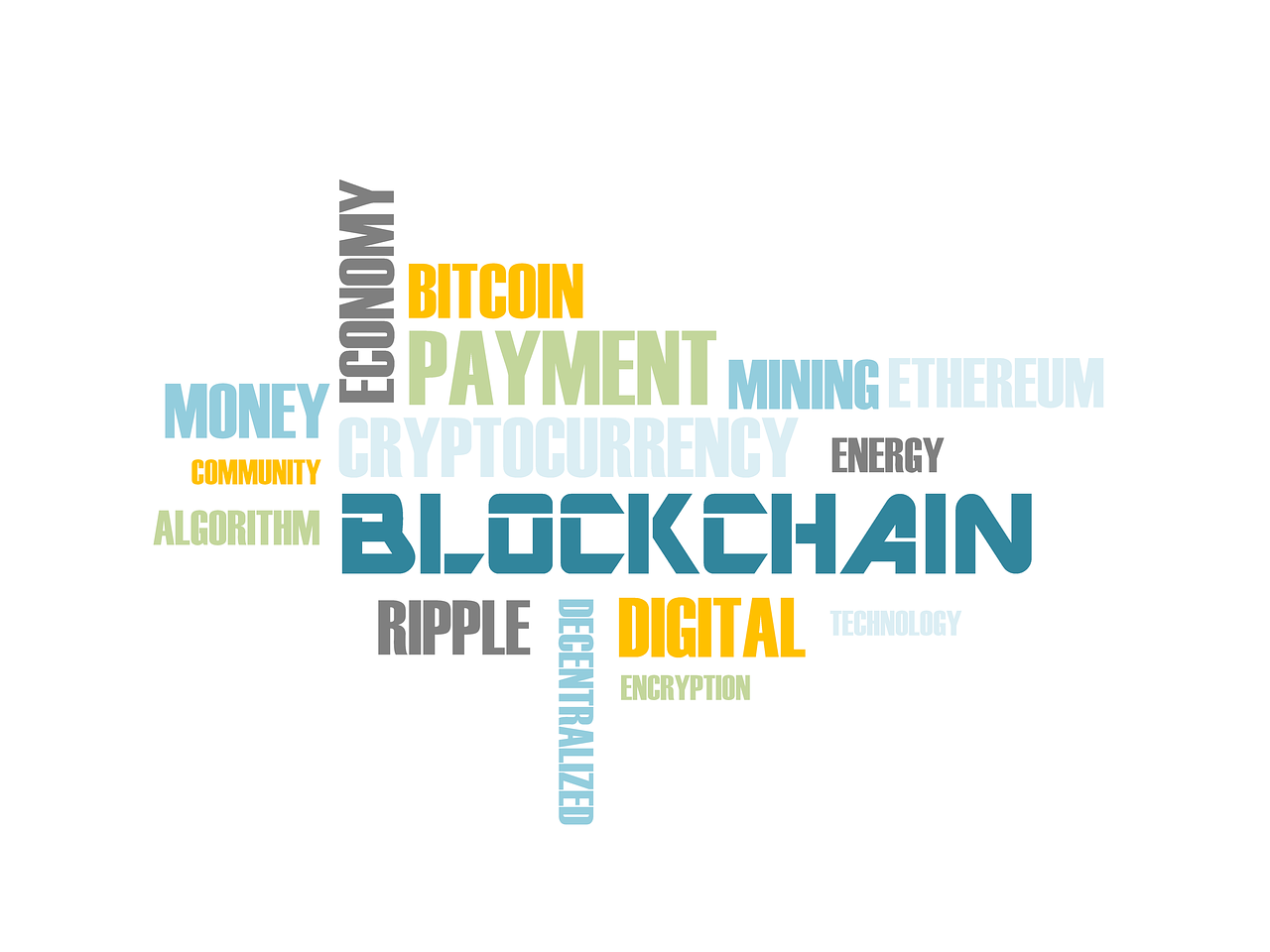
BLOCKCHAIN & IP
6 July 2018 Intellectual Property Unit / News_it/en 0 CommentBLOCKCHAIN & IP
The concept of blockchain technology, presented for the first time in 2008 by the pseudonym Satoshi Nakamoto, regards to the possibility of creating a shared and transparent database, able to record and track transactions and resources; initially developed to manage and give evidence of exchanges through bitcoins, a digital currency based on cryptography (cryptocurrency), blockchain is a technology capable of a revolutionary impact on various sectors.
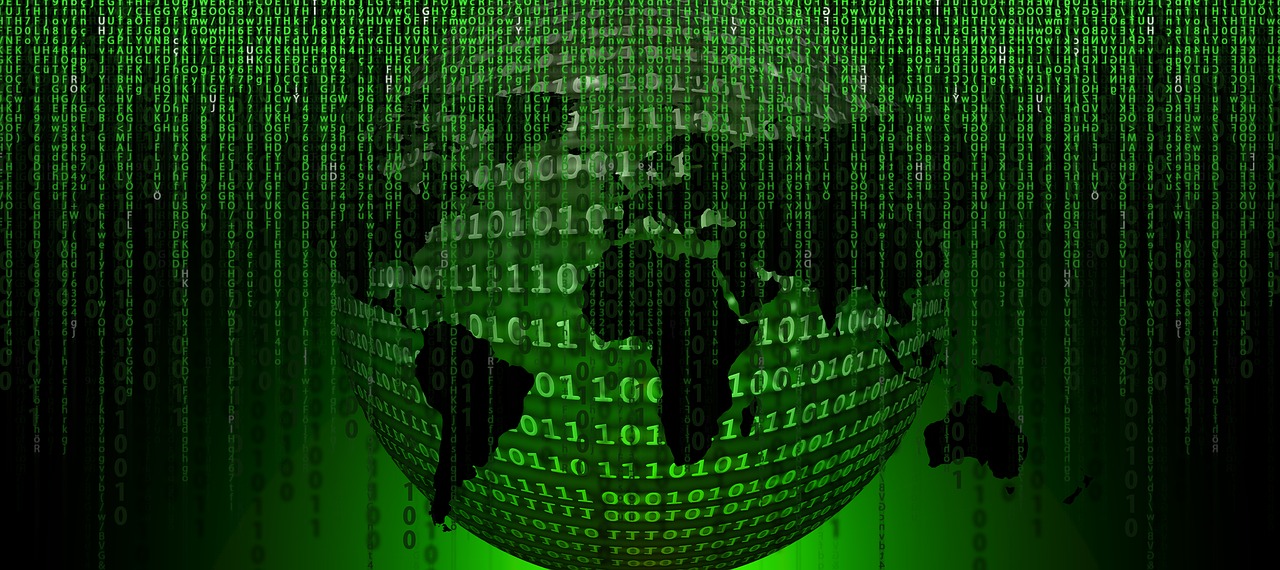
PATENT & SOFTWARE: THE CASE ALICE CORP.
12 June 2018 Intellectual Property Unit / News_it/en 0 CommentThe European Commission, in its Communication of 02.07.2014 (COM 2014 – 442 Final) defines Big Data as “large amounts of different types of data produced with high velocity from a high number of various types of sources. Handling today’s highly variable and real-time datasets requires new tools and methods, such as powerful processors, software and algorithms.”.
Read More

